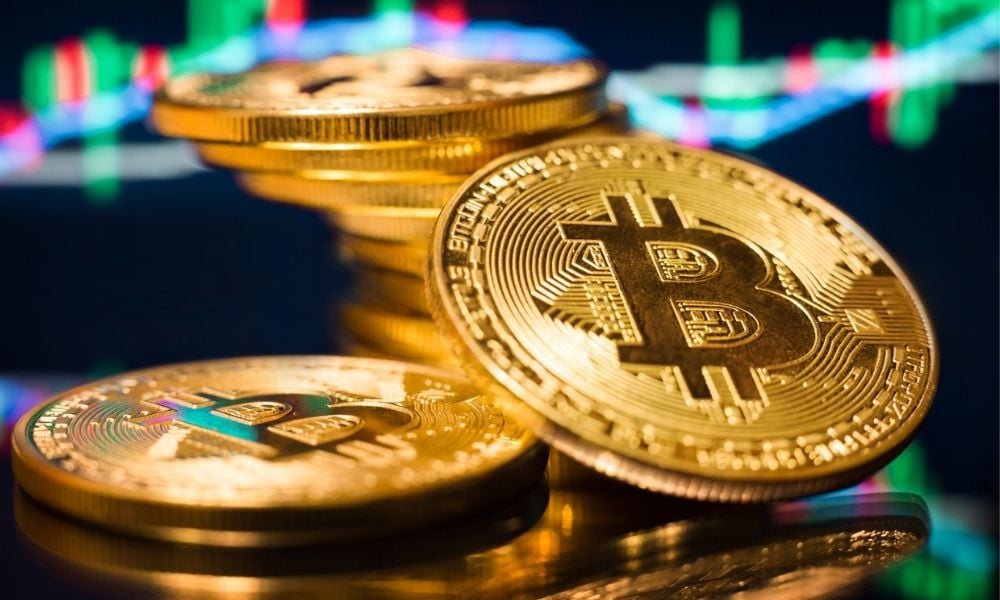Will other emerging economies follow suit in a milestone moment for the cryptocurrency?

Cryptocurrency history is made today (Sept. 7) as El Salvador becomes the first country to make Bitcoin legal tender.
The Central American nation’s decision to allow Bitcoin to elevate its status is considered risky by some, including the World Bank, but others are hailing the milestone for cryptocurrencies and decentralised finance.
The country adopted the US dollar as its official currency a decade ago but now many ATMs will allow the conversion of the greenback to Bitcoin.
The World Bank’s reticence to support the move comes from an environmental and transparency point of view.
"While the government did approach us for assistance on Bitcoin, this is not something the World Bank can support given the environmental and transparency shortcomings," a spokesperson told Reuters after the El Salvador government announced its intentions in June.
El Salvador’s government has also bought around US$20 million worth of Bitcoins itself and is offering free coins to citizens to encourage its adoption.
Threshold moment
The adoption of Bitcoin as legal tender could prompt other emerging economies to follow suit, if El Salvador’s hope that it will increase financial inclusion.
But it could fail if the country runs out of dollars or national borrowing becomes harder. There have already been protests in the streets by Salvadorians who are not happy with the decision.
However, Nigel Green, CEO of global advisory the deVere Group, says that there are some advantages for the country to be less reliant on the US dollar.
“The El Salvadoran government cannot print its own money and the economy cannot benefit from the US Federal Reserve’s money-printing agenda. Therefore, El Salvador must either borrow or earn the dollars it needs,” he said. “A stronger U.S. dollar can have a crippling impact on emerging-market economies, such as that of El Salvador.”
Decentralised finance
As a decentralised currency, Bitcoin is not influenced by a single economy but by global conditions.
“Central banks around the world have been devaluing their currencies, while Bitcoin’s supply is not only limited, but also new coins are mined at a decreasing rate too,” continued Green. “El Salvadorans could, therefore, find their new adopted currency gives them more purchasing power when they buy from overseas.”
Other benefits include easing remittances, potential yield growth to boost reserves, and making the country attractive as a location for digital asset organizations.
“The world is watching. This is likely to be President Bukele’s legacy in the making,” Green concluded.



